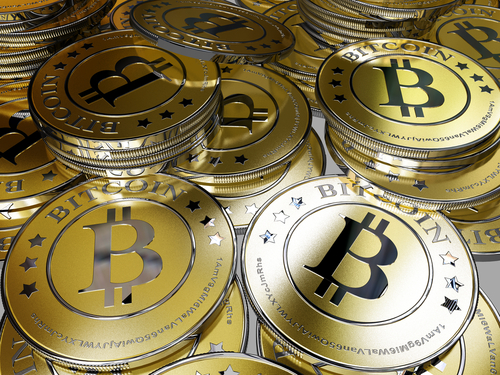US Authorities Set For Silk Road Bitcoin Sale

The state gets drawn into the virtual currency game
US authorities are due to decide what to do with 29,655 bitcoins seized from illegal online marketplace Silk Road by the FBI last October, in what was the largest ever seizure of virtual currency, worth £16.44 million at today’s prices.
According to Reuters, the hoard of bitcoins hadn’t been claimed, and its ownership was transferred to the US Marshals Service, which would usually dispose of the goods through an auction. The problem is, Bitcoin market is extremely volatile, and the timing of the sale could mean a difference in millions of dollars. The funds were worth just $3.6 million when Silk Road was closed.
Unlawful gains
Silk Road was hosted on the anonymous Tor network and used to sell everything from drugs and weapons to malware, forged documents and stolen credit card details, before the FBI arrested Ross William Ulbricht, a 29 year old US citizen who allegedly ran the website since 2011 under the alias Dread Pirate Roberts.
 Silk Road used Bitcoin as the currency of choice, and following the arrest, the FBI found 29,655 BTC in the accounts that were linked to the website. However, there are another 144,336 bitcoins worth around £78 million that were stashed on Ulbricht’s laptop and technically still belong to him.
Silk Road used Bitcoin as the currency of choice, and following the arrest, the FBI found 29,655 BTC in the accounts that were linked to the website. However, there are another 144,336 bitcoins worth around £78 million that were stashed on Ulbricht’s laptop and technically still belong to him.
Experts were previously worried that the seizure of a large quantity of bitcoins could raise the price of the remaining BTC, since their overall number is limited by design. At the same time, a fire sale by the US government could potentially drive the price down. Any profits would be transferred to a special fund within the US Justice department, and used to finance law enforcement activities.
The FBI claimed that over 9.5 million bitcoins had been traded on the Silk Road since the site went live, constituting roughly 80 percent of all BTC currently in circulation.
The US government is still developing its approach to Bitcoin, concerned about its anonymous, decentralised nature that makes the virtual currency perfect for money laundering operations. However financial institutions appear to have already made their choice. In December 2013, analysts at Bank of America publicly acknowledged that Bitcoin offers “many benefits” over traditional currencies and has a “clear potential for growth”, while earlier this month, Wells Fargo, the largest US bank by market cap, announced its intention to offer Bitcoin services.
What do you know about Bitcoin? Take our quiz!